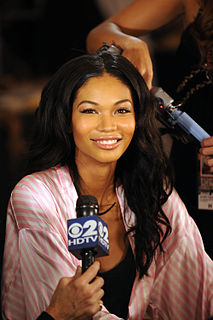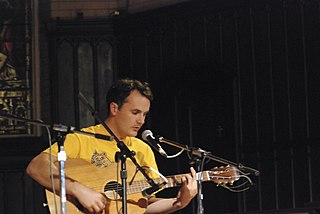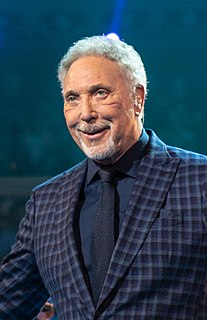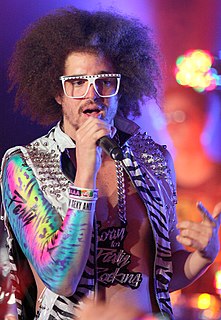A Quote by Ice T
If you really listen to my music my music is more like stories than party records. I never made party records.
Related Quotes
I do have a collection of mid-century, small-press science fiction and fantasy hardcovers that is my most focused and dedicated collection. Everything else I tend more to acquire or amass than collect. I have vinyl records I listen to all the time when I work. But I don’t collect records. I just buy records where the price seems right and it’s music I actually listen to.
I loved music. Music was a big thing and so I started collecting records. I had a large collection of jazz records and that was something else I used to listen to. At night, there was a - what the heck was his name? There was a famous - Jazzbo Collins, I used to listen to at night, and some other guys.
There are records that you just sink into. They coincide with what you’re going through and become an ally. If our records do that for people, that’s the greatest compliment I could ever receive. That’s one of the reasons making music is so important to me, because there’s a very strange emotional reach. For me—more than books or movies or other things—music is like a mainline to your heart.
The mutability of the past is the central tenet of Ingsoc. Past events, it is argued, have no objective existance, but survive only in written records and in human memories. The past is whatever the records and the memories agree upon. And since the Party is in full control of all records, and in equally full control of the minds of its members, it follows that the past is whatever the Party chooses to make it.



































